First blind Barbie released by toy maker Mattel
Mattel’s Barbie Fashionistas line gives children a range of more diverse dolls to play with
Your support helps us to tell the story
From reproductive rights to climate change to Big Tech, The Independent is on the ground when the story is developing. Whether it's investigating the financials of Elon Musk's pro-Trump PAC or producing our latest documentary, 'The A Word', which shines a light on the American women fighting for reproductive rights, we know how important it is to parse out the facts from the messaging.
At such a critical moment in US history, we need reporters on the ground. Your donation allows us to keep sending journalists to speak to both sides of the story.
The Independent is trusted by Americans across the entire political spectrum. And unlike many other quality news outlets, we choose not to lock Americans out of our reporting and analysis with paywalls. We believe quality journalism should be available to everyone, paid for by those who can afford it.
Your support makes all the difference.The first blind Barbie has been released by toy maker Mattel as part of their ongoing push to make the brand more inclusive.
The $5.58bn company debuted the doll as part of their Barbie Fashionistas line, which aims to give children a range of more diverse dolls to play with.
The blind Barbie doll, which is on sale for £11.99, comes complete with a white and red cane for mobility and silver sunglasses for sensitivity to light. The brunette doll is also wearing a satin-feel pink blouse, a textured ruffle skirt, and has brightly coloured high-contrast hook and loop fasteners on the Barbie’s top to help children dress their toy.
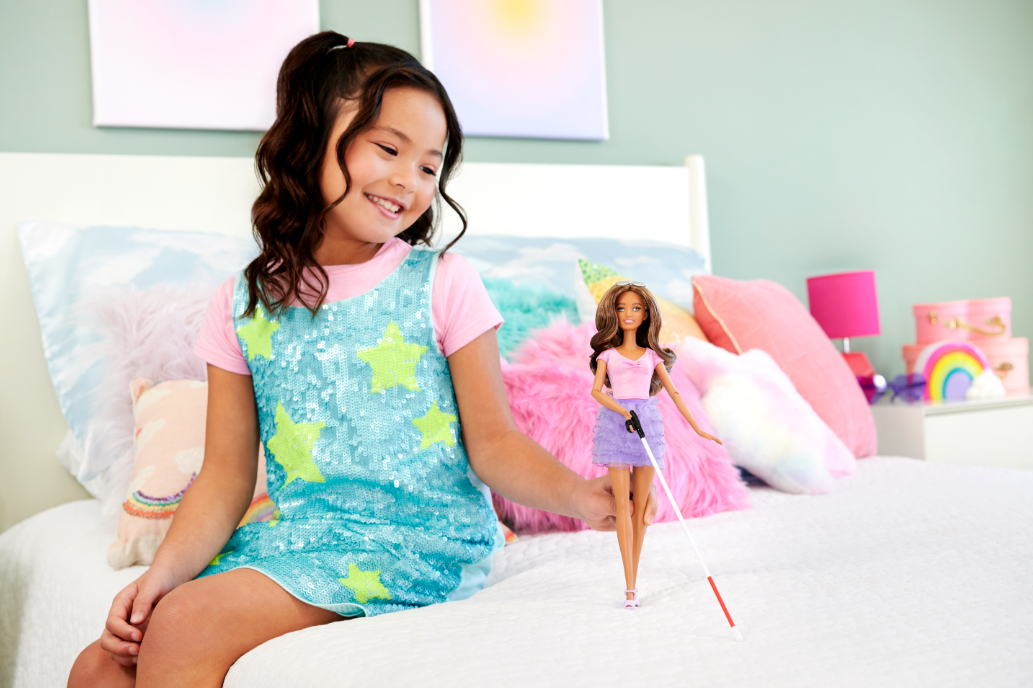
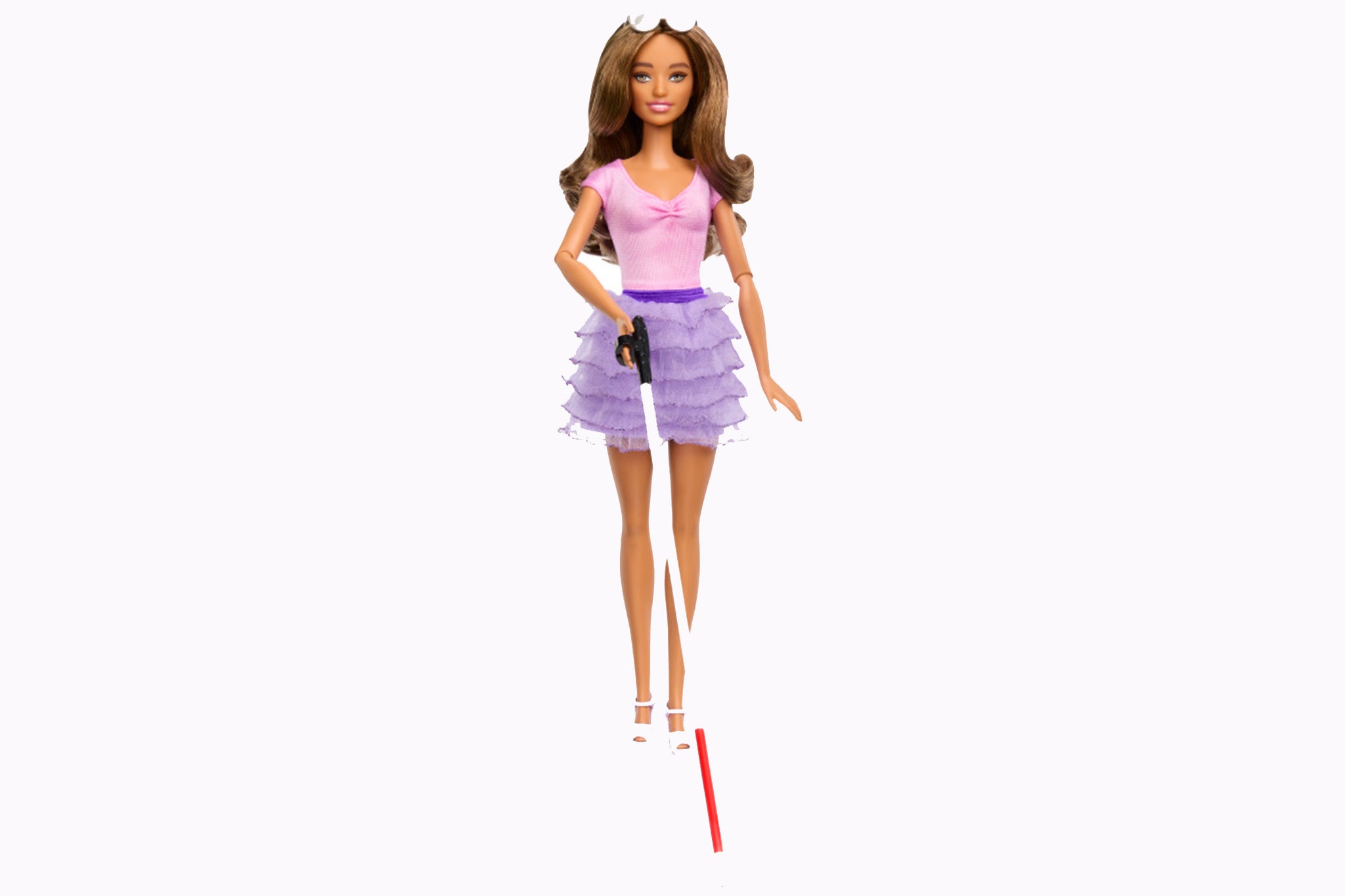
Mattel worked with the American Foundation for the Blind to design the new toy and organised play sessions with blind and low-vision children to test the product. Barbie has also been written in braille on the packaging and the doll is designed with an eye gaze facing slightly up and out to accurately reflect blindness.
Disability charity the Royal National Institute of Blind People hailed the new Barbie, with Debbie Miller, director of customer advice, saying: “It’s wonderful to think that children with a vision impairment can now play with a Barbie that looks like them.”
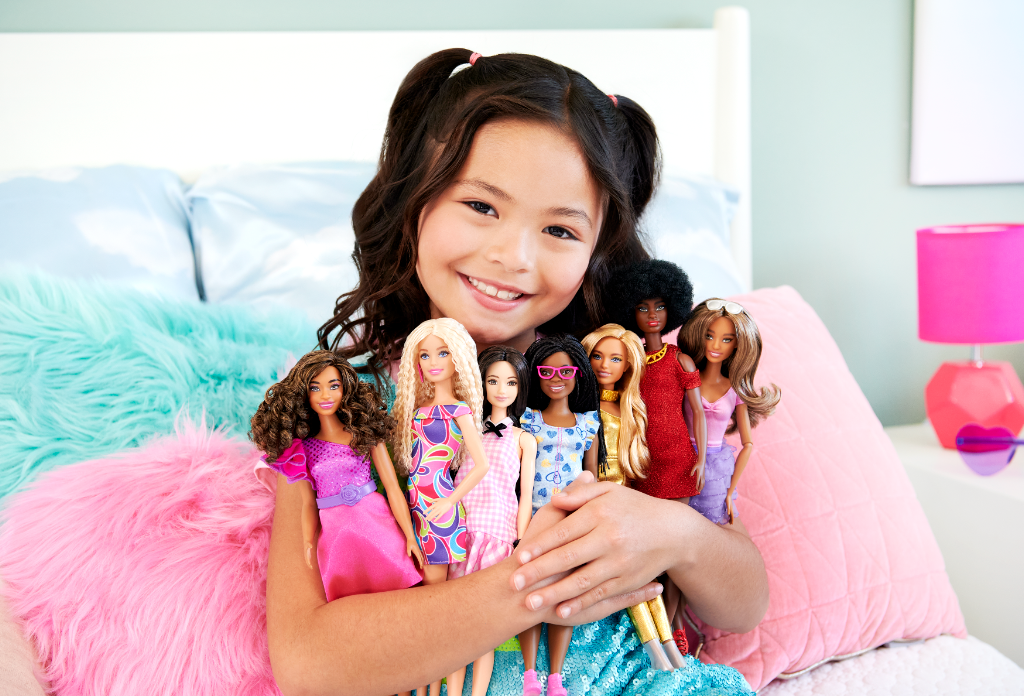
She added: “We’re so pleased with the details that have gone into designing this new Barbie, the tactile clothes as well as the cane and the sunglasses. It’s an acknowledgement that not everyone can see well, which means a lot to the blind and partially sighted community.”
Steven Morris, campaigns officer at charity Sense, who is himself deafblind, said: “As a child almost no mainstream toys were aimed towards blind children like me, and I doubt my non-disabled friends ever came across toys that represented a blind person.
“Things are gradually improving, and having the first blind Barbie doll is a huge step.”
The blind Barbie is one of a number of disabled toys that Mattel has now released, the first being a doll in a wheelchair in 2019.
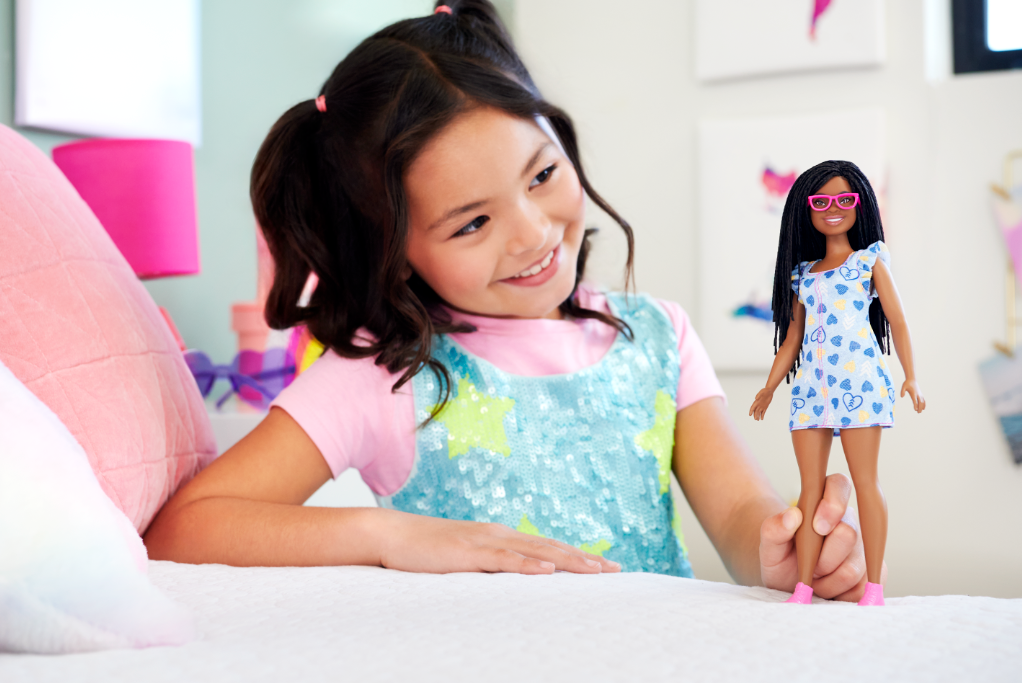
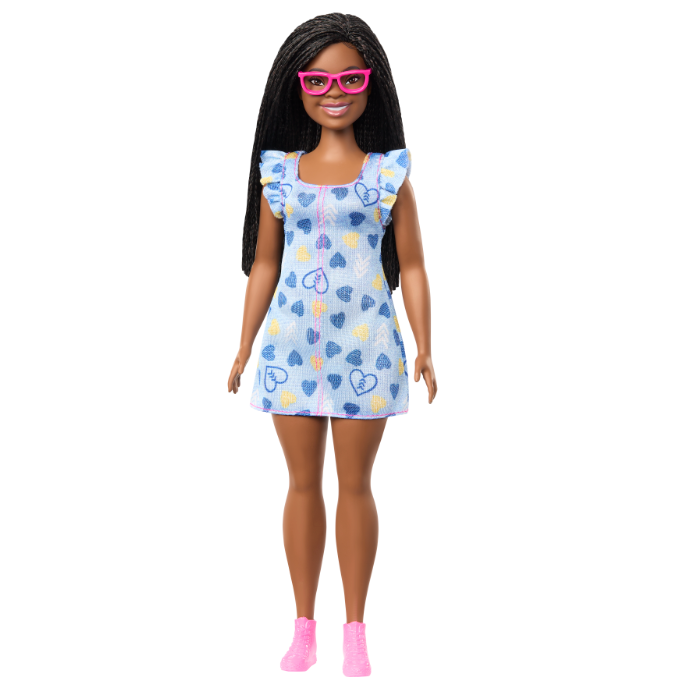
Barbies have also been released with prosthetic limbs and in 2023 Mattel introduced its first Down syndrome Barbie. In the 2024 Fashionistas range, Mattel have included their second Down syndrome doll, with features like a shorter frame and a single line down the doll’s palms – characteristics often associated with those with Down syndrome.
Krista Berger, senior vice president of Barbie, said: “We recognise that Barbie is much more than a doll; she represents self-expression and can create a sense of belonging.”

Join our commenting forum
Join thought-provoking conversations, follow other Independent readers and see their replies
Comments